
February, a month rich in folklore and myth, invites us to align our ancient hearts with its rhythms. We delve into themes of liminality and love, weaving through celebrations like Imbolc, Carnival, Parentalia, and Valentine’s Day – each a thread in the vibrant tapestry of our past. As always, my mission is to ensure accessibility, offering a blend of free and exclusive content. This month, let us embrace love in its myriad forms – for our ancestors, our non-human kin, and the traditions that bind us.
From Ancient Rites to Modern Celebrations: Delving Deeper
The month of February, derived from the Roman ‘Februarius’, symbolizes purification and transition. In ancient Anglo-Saxon tradition, it was known as “Solmōnaþ,” hinting at both mud and cakes offered to the gods. The Finns poetically call it “helmikuu,” meaning “month of the pearl,” reflecting the icy beauty of nature.
Valentine’s Day, often dismissed as a commercial holiday, has deep pagan roots interconnected with love, ancestors, and even wolves. Lupercalia, the ancient Roman festival of purification and fertility, is central to our understanding of this month’s profound themes. The story of St. Valentine, intertwining with Lupercalia, adds layers of martyrdom and love to the month.
Parentalia and Feralia, rooted in Roman customs, emphasize the bonds between the living and the dead, highlighting the importance of familial ties and ancestor veneration. Imbolc, a Gaelic festival marking the earliest signs of spring, bridges the pagan and Christian worlds, celebrating the goddess Brigid and St. Brigid alike.
Unique beliefs, like the Scottish idea of “borrowed days” and the traditions surrounding Leap Day, add further intrigue to February’s lore. Candlemas, another pivotal celebration, marks a time of blessing and purification within the Christian tradition.
Lastly, Groundhog Day, an emblem of nature’s timekeeping, reminds us of the importance of staying attuned to the natural world, echoing ancient practices of observing hibernating animals to predict the arrival of spring.
Learn more about all these holidays by delving into this podcast episode:
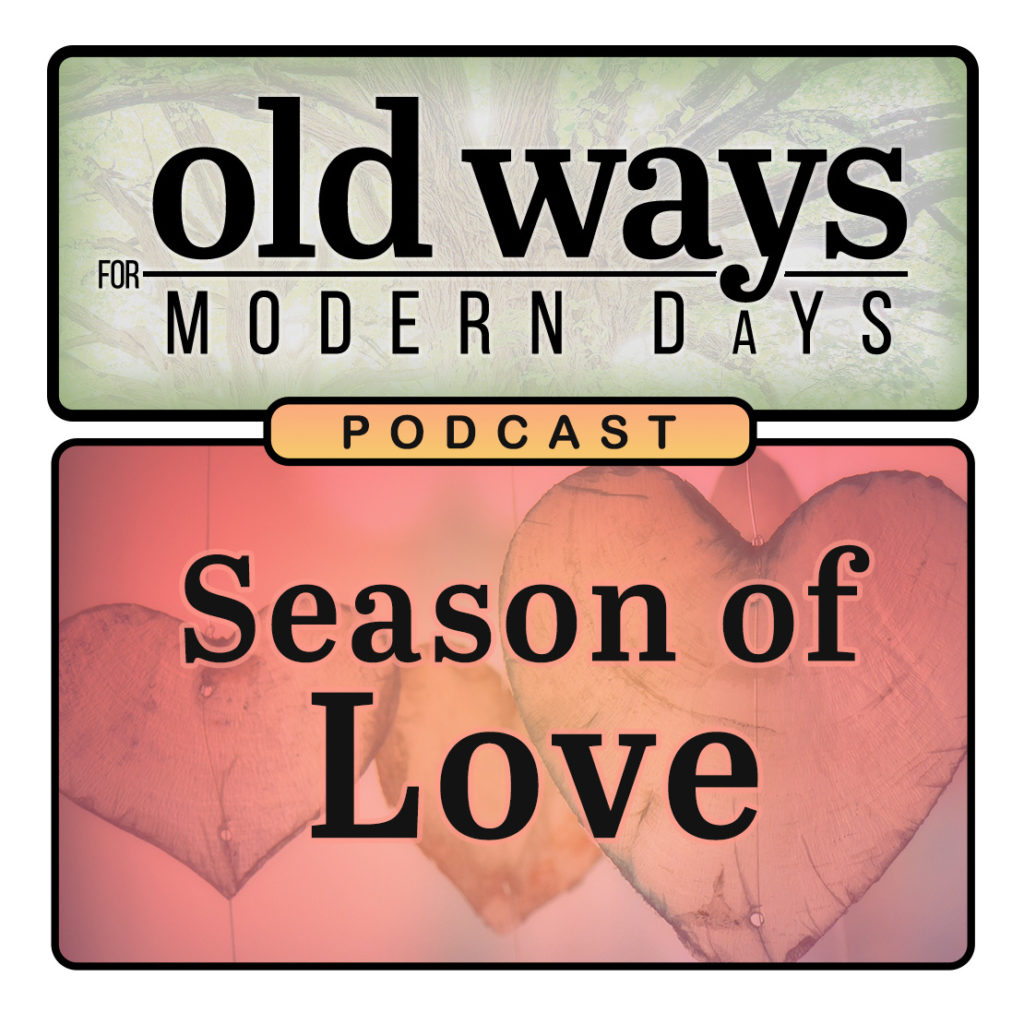
Free Resources for All:
1. Podcast Episodes on SoundCloud: Listen Here
• February: Season of Love: Explore the pagan roots of Valentine’s Day and its connections to ancestors and wolves. Discover the rich tapestry of February’s history, including Lupercalia and Imbolc.
• Carnival/Carnevale Origins: Unravel the layers of Carnival, from its ancient Roman roots to modern celebrations, and how we can find meaning in it today.
2. YouTube Video – 5 Herbs to Bring More Love into Your Kitchen: Enhance your culinary magic with common kitchen herbs that infuse love into every dish. A glimpse into my cookbook Love in Every Bite.
3. Articles
* Pasta e Fagioli for Parentalia: Learn to make this humble dish to honor the Ancient Roman festival Feralia and appease the spirits of ancestors.
*Is Carnival Pagan?– Although most people know Mardi Gras, Fat, or Shrove Tuesday, Carnevale is a season unto itself, with many Pagan threads running through the modern celebrations. These threads can show us how to allow a place for the Old Ways, the animistic perspective of our Ancestors, to continue to have relevance in our modern days.
*Valentine’s Day’s Ancient Roots (& Honey Hazelnut Semifreddo)– Discover the animistic roots of Valentine’s Day.
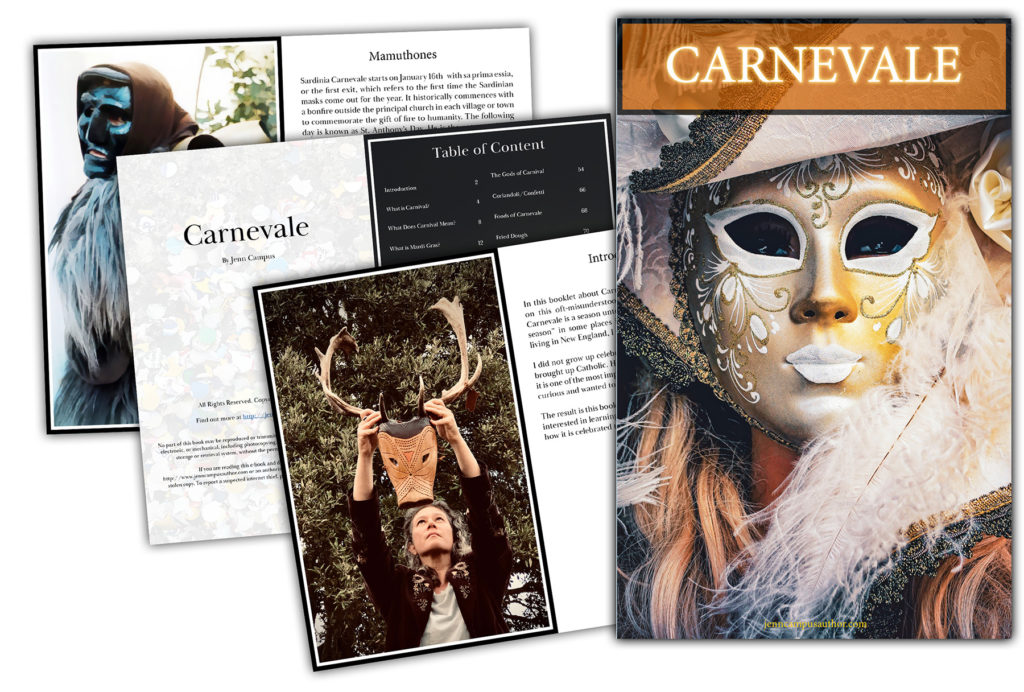
Exclusive Old Ways for Modern Days Library Subscriber Benefits:
1. Monthly Rituals – February’s upcoming Transformative Ritual: Inspired by Parentalia and Caristia, this ritual is not just about celebration but a journey of purification and reconciliation.
2. Monthly Seasonal Guides:
• February Seasonal Guide: Season of Love: A comprehensive 76-page guide exploring various February celebrations and their pagan origins.
• Carnevale Guide: This guide provides a detailed look into the essence of Carnevale, its connections to ancient festivals, and ways to celebrate today.
3. Book Chapters from “Witches’ Brews” and “Sacred Threads”: Discover the magic of herbs with seasonal recipes and lore from hearth and hedge, and delve deep into the spiritual aspects of love, war, and prophecy through a Celtic, Germanic, and Ancient Roman lens.
As we navigate through February, let each tradition, each story, and each ritual remind us of our deep-rooted connections to our past and the natural world. Whether you’re a subscriber to the Old Ways for Modern Days Library or a casual explorer, there’s a wealth of knowledge and experience waiting to be discovered. Let’s embrace this season of love and transformation together.

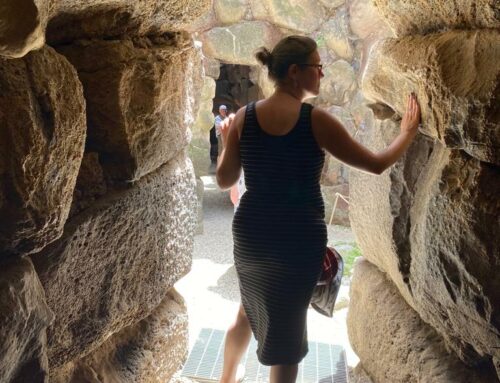
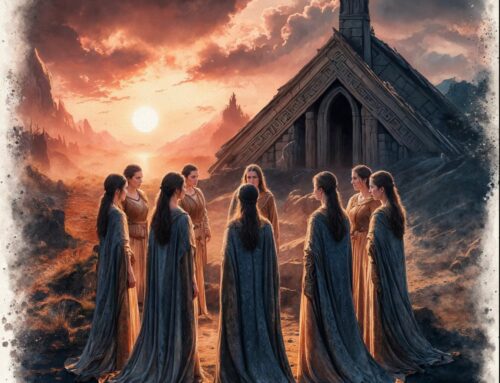
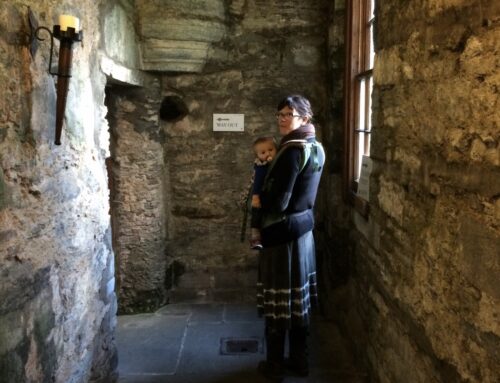

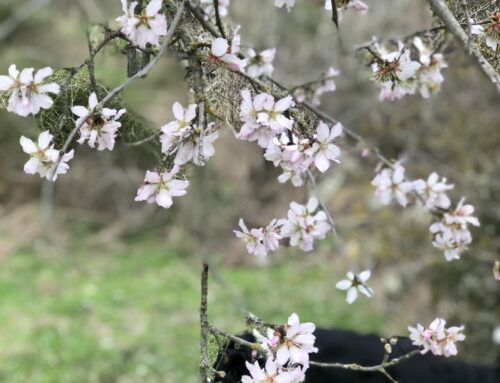

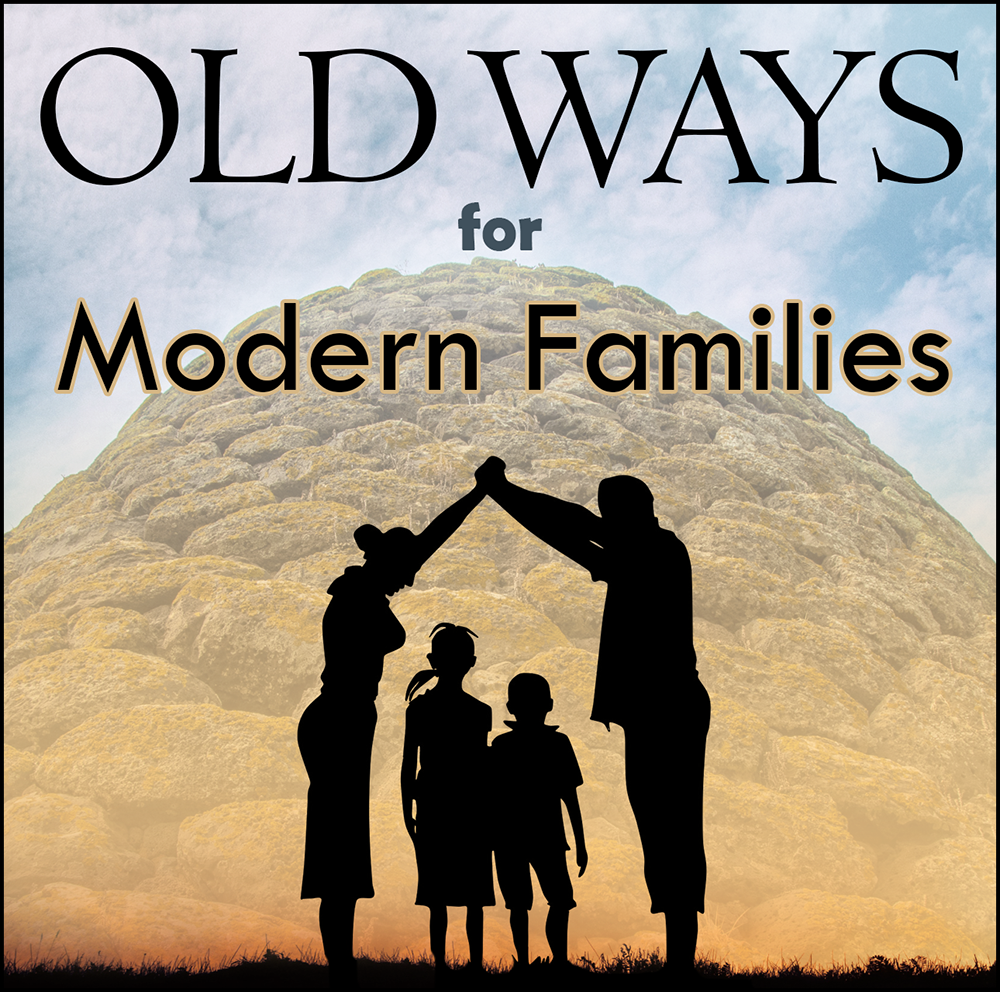
Leave a Reply